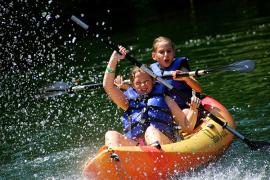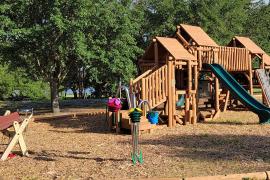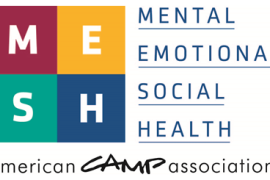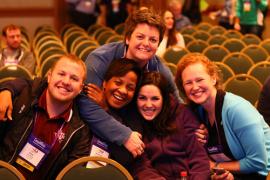As part of our Summer 2023 Trends and Issues Pulse Survey this spring, we asked the camp community about enrollment and campers, camp staff, and well-being. We recently highlighted camps most anticipated challenges pertaining to camper and staff for summer 2023.
In this blog, we focus on our Pulse Survey questions about well-being. This portion of the Pulse Survey was opt-in, and so we had fewer responses than we did in the broader survey.
Overall, we had 307 responses (although not every respondent answered every question or completed the entire survey). Of those who responded, about 64 percent represented camps that ran all or mostly overnight programming and about 30 percent represented camps that ran all or mostly day camp programming. In terms of camp sponsorship, about 41 percent represented a nonprofit camp affiliated with another agency, 39 percent represented an independent not-for-profit camp, 17 percent represented independent for-profit camps, and 4 percent represented a for-profit camp affiliated with another entity.
Status of Well-Being at Camp in 2022
We started the survey by asking respondents to tell us about well-being at their camp during summer 2022. On average, participants rated the status of well-being at their camp as 70 out of 100.
Meaning of a Culture of Well-Being at Camp
We also asked respondents to describe what a "culture of well-being" at camp means to them. Respondents’ answers varied in detail and scope. For example, some respondents highlighted the proactive nature of creating a culture of well-being and the need for well-being to be the hub from which all other aspects of camp must stem. Many respondents suggested that a culture of well-being includes staff and campers. Many respondents also noted that a culture of well-being includes physical, emotional, and social components. Although there were many similarities across responses, some respondents indicated that a culture of well-being relied on staff putting their community’s needs before their personal needs, while other respondents suggested that staff must have their needs met to facilitate campers feeling supported,
Efforts to Promote Well-Being at Camp
We also asked respondents to identify different things their camp does to promote well-being. From a list of seven options (and other), most respondents indicated that their camp did at least one thing to promote well-being. The most frequently reported efforts to promote well-being at camp was intentionally providing staff with specific strategies to support their campers’ well-being (79 percent), providing staff with a trainings on well-being (75 percent), providing staff with specific strategies to support their well-being (74%), and providing staff with a mental health training (68 percent). Fewer respondents indicated having a license mental health specialist on staff (33 percent) or offering their staff an employee assistance program with mental health/counseling services (32 percent).
Readiness Assessment
We also asked respondents if they believed their camps (staff and leadership) were ready to take action to improve well-being at camp. On average, respondents said their camps were mostly ready to take steps toward improving a culture of well-being at camp (81/100) and ready to deliver a training aimed at improving a culture of well-being (72/100). Respondents said their camps were less ready/able to implement an audit of the culture of well-being at camp (61/100).
Well-Being Staff Training Confidence
We also asked respondents about how confident they were that a member of camp leadership at their camp could provide specific elements of a training focused on well-being. On average, respondents were mostly confident about their camp leaderships’ ability to deliver specific elements of a well-being training for frontline staff (76/100). Across the 10 specific elements we asked respondents to rate, all categories received scores greater than 75/100. Respondents were most confident about their camp leaderships’ ability to train on topics such as program quality, basic needs, and explaining what staff should do and should not do to support campers during crises at camp. See the bar chart below for more details about respondents’ ratings of specific elements.
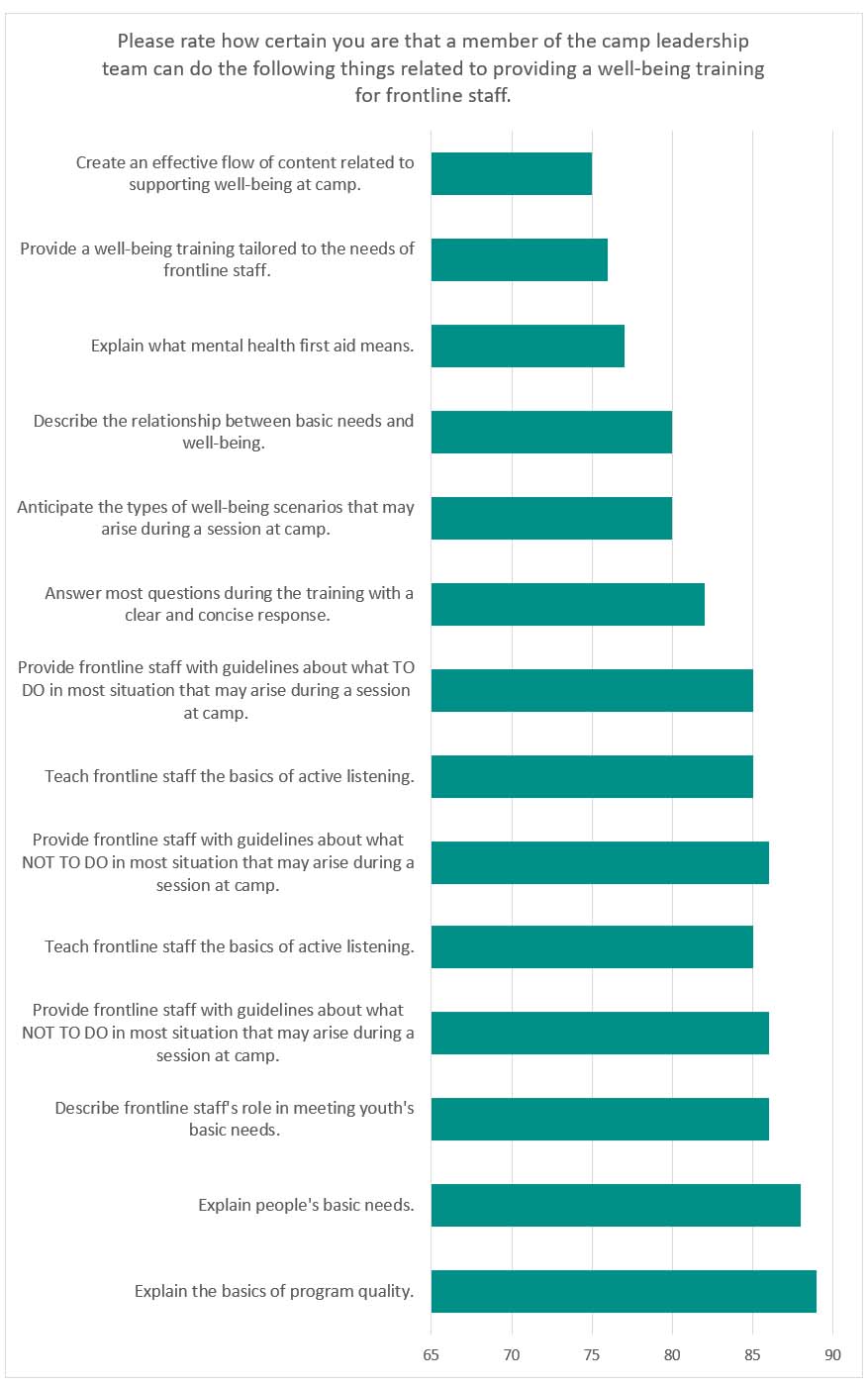
Learn about the CampWell pilot training program that guides participants to identify, understand, cultivate, and create a community of well-being.
Photo courtesy of Green River Preserve in Cedar Mountain, NC.
The views and opinions expressed by contributors are their own and do not necessarily reflect the views of the American Camp Association or ACA employees.

